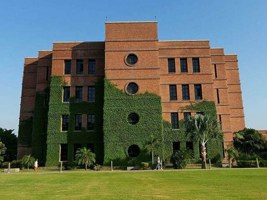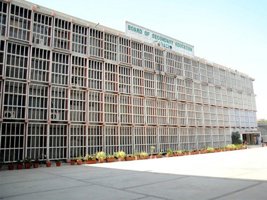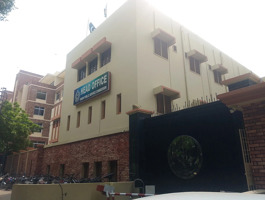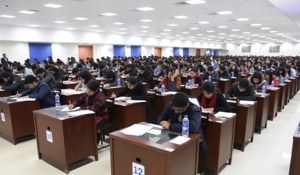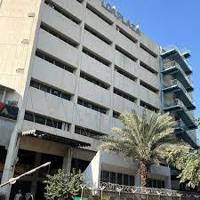.jpg)
The Sindh government has announced a major educational initiative aimed at transforming the province into a hub of digital literacy and technology-based learning. According to officials from the Department of College Education, the government will establish Information Technology (IT) colleges in all 30 districts of Sindh, including the seven administrative districts of Karachi. This move marks a significant step toward improving access to quality technical education and preparing youth for the growing global demand for IT skills.
Sindh Government’s Vision for IT Education
The decision to establish IT colleges comes in response to a directive issued by the Sindh High Court’s Sukkur Bench on September 17, 2025, which emphasized the need for uniform development of technology institutions across the province. The court ordered the Sindh government to ensure that every district has at least one dedicated IT college to promote computer education and digital literacy among students.
In compliance, the Department of College Education Sindh has started working on the implementation plan. The department has instructed the Director General Colleges and Regional Director Colleges to submit detailed reports on the existing infrastructure, available resources, and requirements for setting up IT colleges in their respective areas. Officials have been given a three-day deadline to submit their findings, signaling the government’s urgency to move forward with the project.
Focus on Digital Empowerment and Youth Employment
The initiative is a part of Sindh’s broader strategy to integrate digital education into its public-sector institutions. With Pakistan’s IT industry witnessing rapid growth, the demand for skilled professionals in software development, artificial intelligence, cybersecurity, and data science is rising.
By establishing IT colleges in every district, the Sindh government aims to bridge the digital divide between urban and rural students. Young people in remote districts will have access to modern computer labs, qualified faculty, and career-oriented training programs that can help them secure jobs in national and international IT markets.
An official from the Department of College Education remarked,
“This project will not only promote computer literacy but also help Sindh produce a new generation of technologically skilled professionals who can contribute to Pakistan’s growing digital economy.”
Seven IT Colleges Planned in Karachi
Karachi, being the economic and technological hub of Pakistan, will see the establishment of seven specialized IT colleges—one in each of its administrative districts: South, East, West, Central, Korangi, Malir, and Keamari. These colleges will offer diploma, intermediate, and degree-level programs in information technology, software engineering, and computer science.
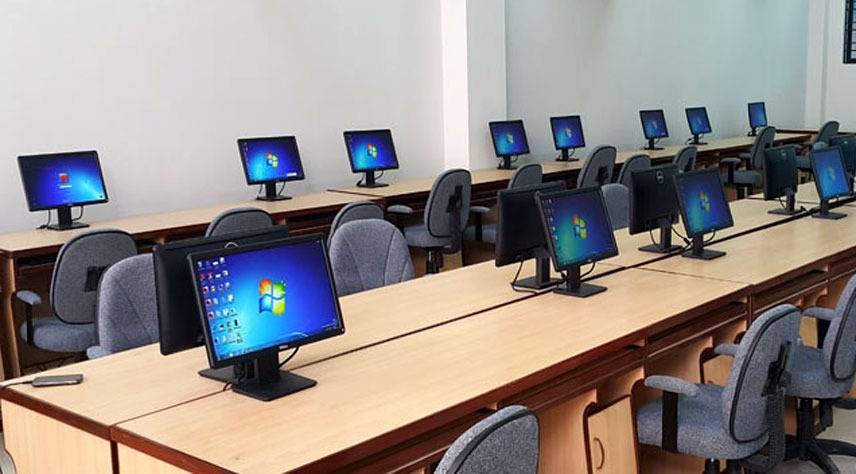
According to sources, the Sindh Education Department is also considering partnerships with leading universities and private-sector IT firms to design modern curricula that meet international standards. This collaboration will ensure that students acquire practical, job-ready skills aligned with the requirements of the global tech industry.
Infrastructure and Facilities
The upcoming IT colleges will feature state-of-the-art computer laboratories, high-speed internet connectivity, and smart classrooms. The government also plans to introduce online learning management systems (LMS) and digital libraries to support e-learning initiatives.
Each college will have dedicated faculty members trained in emerging technologies such as:
-
Artificial Intelligence (AI)
-
Cybersecurity
-
Cloud Computing
-
Data Analytics
-
Software and App Development
The government intends to ensure that every institution provides an environment that encourages innovation, research, and entrepreneurship among students.
Economic and Social Impact
This development is expected to create thousands of new jobs for teachers, administrators, and IT professionals. Additionally, the initiative will open doors for collaboration between the public and private sectors, particularly in training, internships, and research projects.
By focusing on skill-based education, the Sindh government aims to empower youth and reduce unemployment rates. The province’s digital transformation will also attract IT investments, enhance productivity, and contribute to Pakistan’s overall economic growth.
Educational experts have lauded the move, noting that investing in technology-based education is essential for economic resilience. “This project will redefine how students in Sindh engage with technology and open new horizons for innovation and entrepreneurship,” said a senior educationist from Karachi.
Monitoring and Evaluation
To ensure transparency and timely execution, the Sindh Department of College Education will closely monitor the progress of construction and recruitment. Regular progress reports will be submitted to the provincial government, and updates will be shared publicly to maintain accountability.
Officials have confirmed that once the initial phase of planning is completed, work on infrastructure development will begin immediately, starting from the districts with available land and resources.
A Step Toward a Digital Sindh
This initiative aligns with Pakistan’s Digital Transformation Vision 2030, which focuses on integrating technology into education, governance, and industry. By setting up IT colleges in every district, Sindh is not only complying with the court’s directive but also paving the way for a technologically empowered generation.
The provincial government’s proactive approach reflects its commitment to creating educational opportunities that are inclusive, equitable, and future-oriented.
The Sindh government’s decision to establish IT colleges in all districts is a milestone in promoting digital education and skill development. The project will help students gain access to quality IT education regardless of their geographical location, foster innovation, and enhance employability.
With Karachi and other districts set to receive modern IT institutions, Sindh is taking a bold step toward becoming a digital education leader in Pakistan. This initiative promises a brighter, more technologically advanced future for the youth of Sindh.










